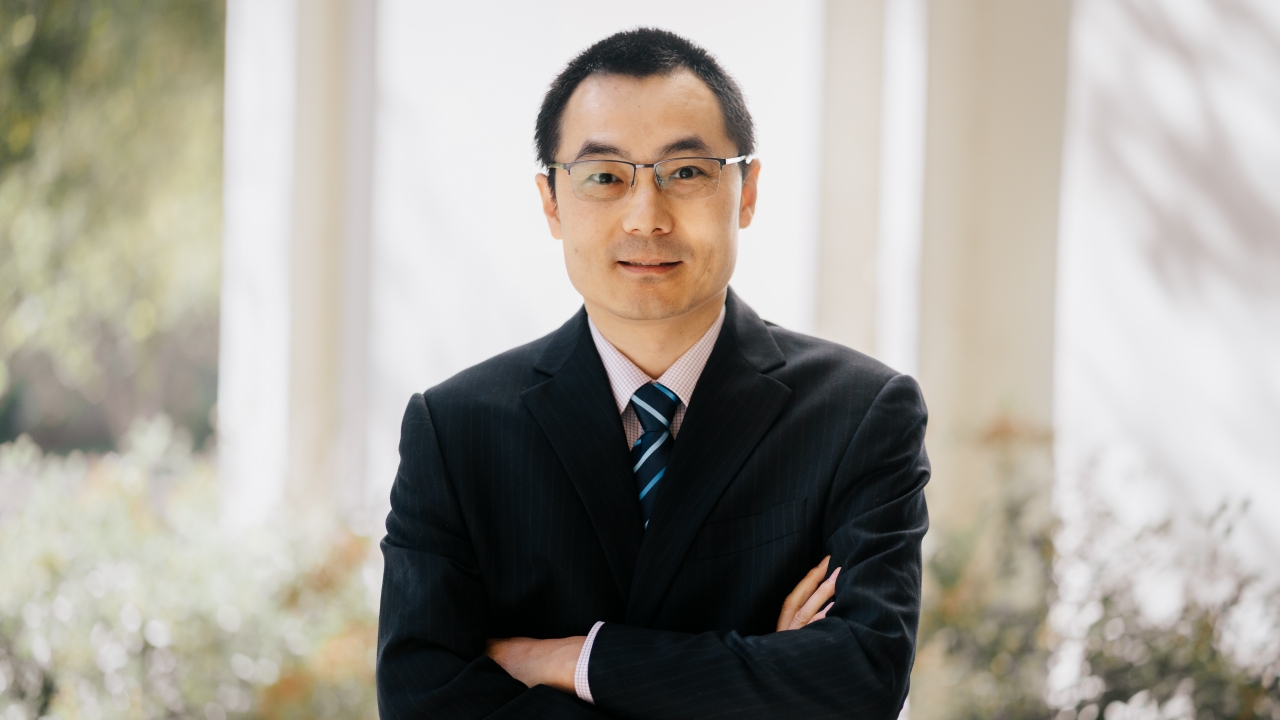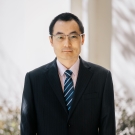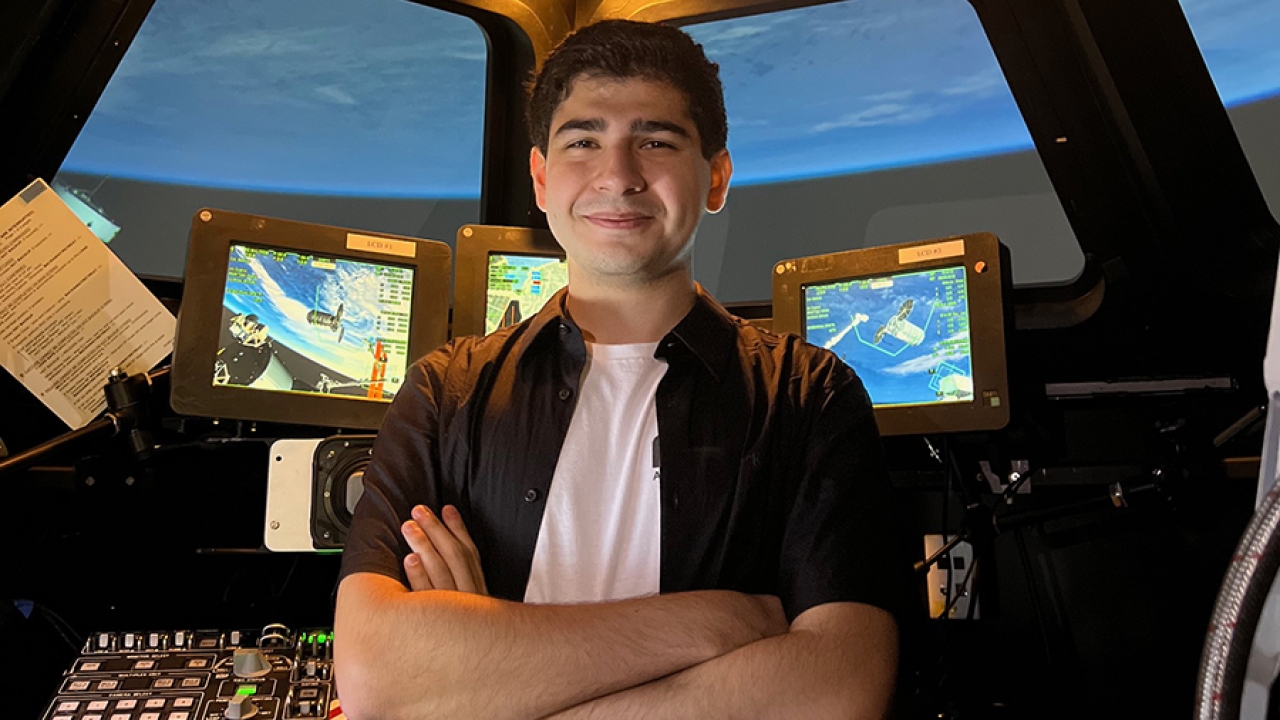
UC Davis Joins $26 Million Engineering Research Center Aimed at Decarbonization
Yi Wang, an assistant professor in the Department of Biological and Agricultural Engineering at the University of California, Davis, is part of a new multi-institutional engineering research center funded by the National Science Foundation that aims to develop transformative technologies that reduce greenhouse gas emissions and foster sustainable manufacturing practices.
Named the Carbon Utilization Redesign for Biomanufacturing Decarbonization, or CURB, Engineering Research Center, or ERC, the $26 million project is led by Washington University in St. Louis. Wang will represent UC Davis as part of the interdisciplinary team of researchers from seven universities on the project, which also includes 21 industry partners, including Nestlé Purina, Brewer Science and Southwest Airlines.
With the goal of reducing carbon dioxide emissions and moving the manufacturing industry closer to zero or negative emissions, CURB ERC will employ a hybrid electro-bio CO2 utilization, which uses electrocatalysis — a process that uses a catalyst to facilitate an electrochemical reaction — to convert carbon dioxide into liquid chemical compounds like ethanol, acetate and propionate.
Using biomanufacturing systems, these compounds, also called intermediates, can then be processed to produce environmentally responsible products like biofertilizers, biochemicals and biomaterials. Researchers will then take the new products and test them for market viability, including supply chain design, life cycle emissions and environmental justice impact; they will also identify potential barriers to commercialization.
Wang brings his expertise in synthetic biology and genome engineering of Clostridium species (a genus of bacteria) to the project, focusing on engineering Clostridium hosts to convert the carbon dioxide-derived intermediates (i.e., ethanol, acetate and propionate) into valuable biochemicals that can serve as precursors to produce vitamins, antibiotics and bioplastics.
"We are thrilled to be part of this multidisciplinary initiative tackling manufacturing decarbonization and climate change," said Professor Wang. "By harnessing our expertise in microbial engineering, we aim to develop sustainable solutions that will transform the chemical industry and significantly reduce its carbon footprint."





